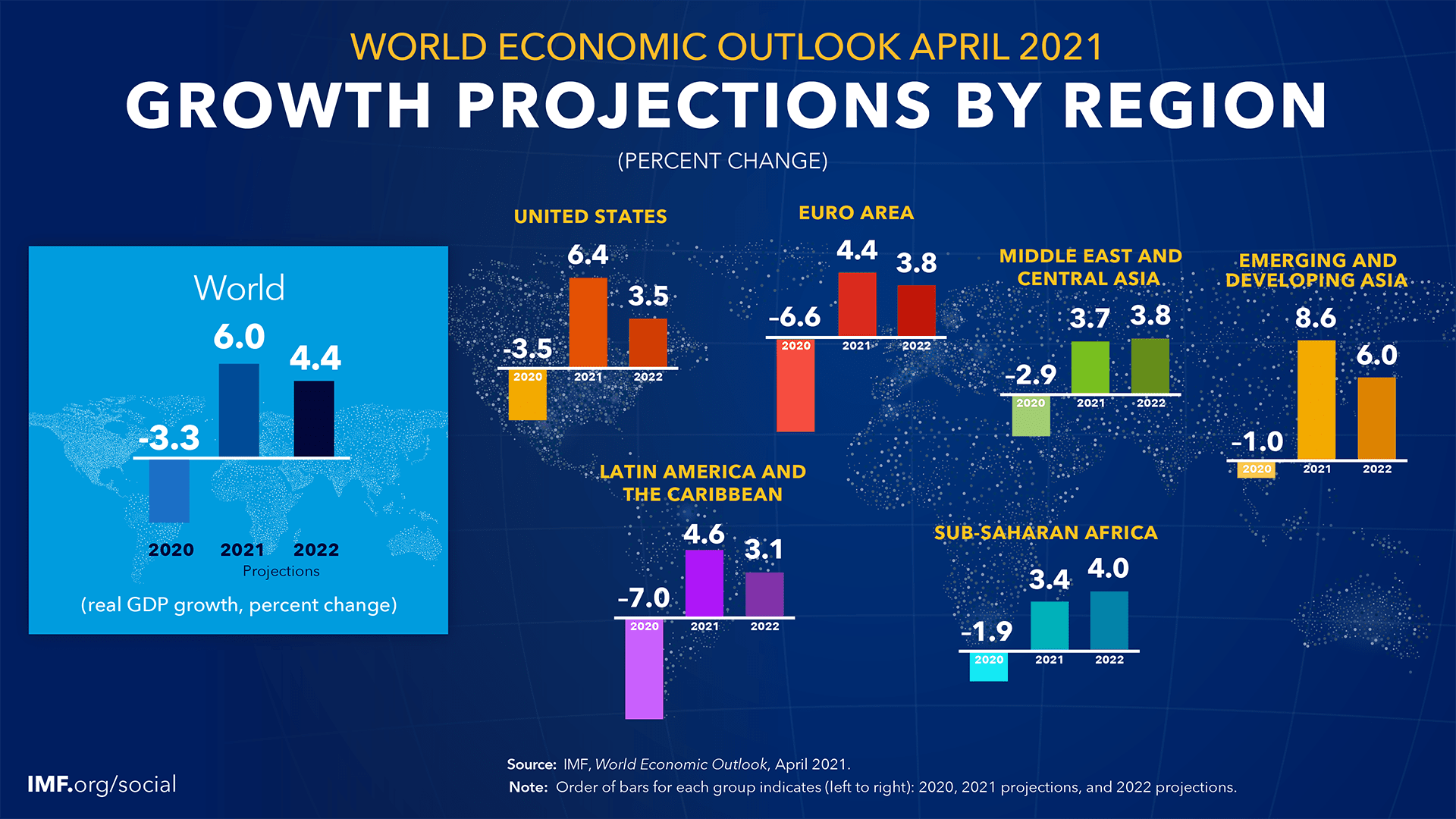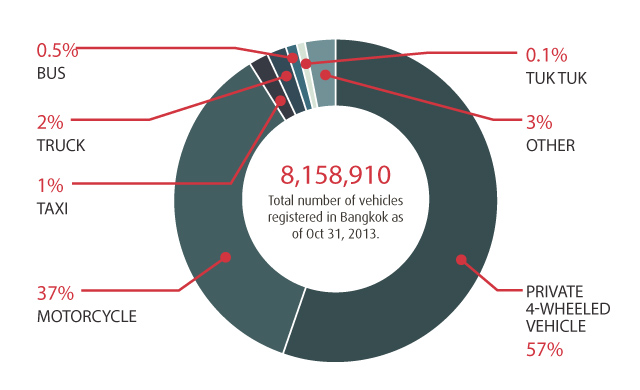Are BMW And Porsche Facing A China Crisis? A Look At The Automotive Market

Table of Contents
Intensifying Domestic Competition
The Chinese automotive industry is undergoing a dramatic transformation, presenting formidable challenges to established international players like BMW and Porsche. This intensified competition stems from two primary sources: the rise of domestic electric vehicle (EV) brands and the growing strength of premium Chinese automakers.
Rise of Chinese Electric Vehicle (EV) Brands
Chinese EV brands such as BYD, NIO, and Xpeng are experiencing explosive growth, fueled by technological advancements, aggressive pricing strategies, and substantial government support for EV adoption.
- Technological Leap: These brands are rapidly innovating in battery technology, autonomous driving features, and connected car services, often surpassing established players in certain areas.
- Competitive Pricing: Chinese EV makers frequently offer compelling price-to-performance ratios, directly undercutting the pricing strategies of traditional luxury brands like BMW and Porsche.
- Government Incentives: Significant government subsidies and infrastructure development for EVs create a favorable market environment for domestic brands, further squeezing the market share of foreign competitors.
- Market Share Dominance: BYD, for example, has consistently secured the top spot in Chinese EV sales, showcasing the immense growth and market share capture of domestic brands. This directly impacts BMW and Porsche's ability to maintain their market position, especially in the growing EV segment.
This rapid growth directly challenges BMW and Porsche's traditional internal combustion engine (ICE) vehicles and their relatively nascent EV offerings, forcing them to adapt quickly to remain competitive.
Premium Chinese Brands Gaining Traction
Beyond the EV sector, premium Chinese brands like Hongqi and Lynk & Co are increasingly attracting consumers who once favored international luxury brands.
- Enhanced Quality and Design: These brands are focusing on improving quality, design, and technological features to compete directly with established luxury players.
- Targeted Marketing: Sophisticated marketing campaigns emphasizing national pride and modern aesthetics are resonating with a younger generation of Chinese consumers.
- Competitive Pricing Strategy: By offering luxurious features at a more competitive price point than BMW and Porsche, they're attracting a wider range of buyers.
- Brand Recognition Growth: The increasing brand recognition and positive perception of these domestic brands represent a significant shift in consumer sentiment, posing a credible threat to BMW and Porsche's market dominance.
This rise of premium Chinese brands signifies a major challenge to the established luxury segment, forcing BMW and Porsche to rethink their market positioning and strategies.
Economic Slowdown and Shifting Consumer Preferences
The Chinese economy's recent slowdown and evolving consumer preferences add further complexity to the challenges facing BMW and Porsche.
Impact of Economic Uncertainty
China's economic slowdown significantly impacts luxury car sales.
- Reduced Consumer Confidence: Economic uncertainty reduces consumer spending, especially on discretionary items like luxury vehicles.
- Decreased Disposable Income: Potential job losses and reduced income levels directly affect the purchasing power of high-net-worth individuals, the primary target market for BMW and Porsche.
- GDP Growth Slowdown: A lower GDP growth rate translates to fewer luxury car sales, necessitating adjustments to sales forecasts and market strategies.
- Investment Hesitation: The economic climate also influences investment decisions, making it challenging for luxury automakers to expand their operations and presence in China.
This economic headwind directly affects the demand for luxury vehicles, forcing BMW and Porsche to adapt to a more cautious and price-sensitive market.
Changing Consumer Priorities
Chinese consumers are increasingly prioritizing technology, sustainability, and brand alignment with national pride.
- Technological Advancement: Consumers expect cutting-edge technology features in their vehicles, pushing brands to continuously innovate and upgrade their offerings.
- Sustainability Concerns: The growing awareness of environmental issues leads to increased demand for electric and hybrid vehicles, forcing a shift in product development strategies.
- National Pride: The popularity of domestic brands reflects a growing preference for supporting national industries, putting pressure on foreign automakers to demonstrate commitment to the local market.
- Brand Image Alignment: Consumers want brands to align with their values, requiring BMW and Porsche to adapt their marketing and communication strategies to resonate with these evolving preferences.
These shifting preferences require BMW and Porsche to adapt their marketing, product development, and brand positioning to remain competitive in this rapidly evolving market.
Supply Chain Disruptions and Geopolitical Factors
Further complicating the situation are global supply chain disruptions and geopolitical factors.
Navigating Global Supply Chain Challenges
Global supply chain disruptions, including semiconductor shortages and logistical challenges, significantly impact the production and delivery of BMW and Porsche vehicles in China.
- Semiconductor Shortages: The global chip shortage continues to hinder vehicle production, leading to delays and reduced sales.
- Logistical Bottlenecks: Disruptions in global shipping and logistics increase costs and lead to delays in vehicle deliveries.
- Production Constraints: These challenges limit the ability to meet consumer demand, potentially impacting market share and brand reputation.
- Increased Production Costs: Supply chain challenges increase the cost of producing vehicles, affecting profitability and pricing strategies.
These disruptions highlight the vulnerabilities of global supply chains and their impact on the automotive industry in China.
Geopolitical Tensions and Trade Relations
Geopolitical tensions and trade relations between China and other countries create further uncertainty for BMW and Porsche's operations in China.
- Trade Disputes: Trade disputes can lead to tariffs and other trade barriers, impacting import costs and competitiveness.
- Regulatory Changes: Changes in Chinese regulations can impact business operations and investment decisions.
- Political Instability: Geopolitical instability can create uncertainty and risk for foreign businesses operating in China.
- Investment Risks: These factors create considerable uncertainty for long-term investment decisions and the future of operations in the Chinese market.
Navigating these complex geopolitical factors is crucial for long-term success in the Chinese automotive market.
Conclusion
The Chinese automotive market presents a multifaceted and dynamic environment for luxury brands like BMW and Porsche. While it remains a significant market, the rise of domestic competitors, economic headwinds, and geopolitical factors pose substantial challenges. To maintain their competitive edge, these brands must aggressively adapt to shifting consumer preferences, significantly invest in electric vehicle technology, and deftly navigate the complexities of the Chinese market. Ignoring these challenges could indeed lead to a genuine "China crisis." Therefore, ongoing, in-depth analysis of the BMW and Porsche China market is vital for these companies' future success. Understanding this dynamic landscape is critical for anyone involved in the global automotive industry.

Featured Posts
-
 Sydney Sweeneys Oscars After Party Dress A Barbiecore Moment
May 04, 2025
Sydney Sweeneys Oscars After Party Dress A Barbiecore Moment
May 04, 2025 -
 Stones Upcoming Announcement Virginia Derby At Colonial Downs
May 04, 2025
Stones Upcoming Announcement Virginia Derby At Colonial Downs
May 04, 2025 -
 Canadas Economic Future Gary Mars Argument For Prioritizing Western Development
May 04, 2025
Canadas Economic Future Gary Mars Argument For Prioritizing Western Development
May 04, 2025 -
 Stepfather Indicted On Murder And Other Charges In Teens Torture
May 04, 2025
Stepfather Indicted On Murder And Other Charges In Teens Torture
May 04, 2025 -
 Darjeelings Traffic Problems A Detailed Analysis
May 04, 2025
Darjeelings Traffic Problems A Detailed Analysis
May 04, 2025
